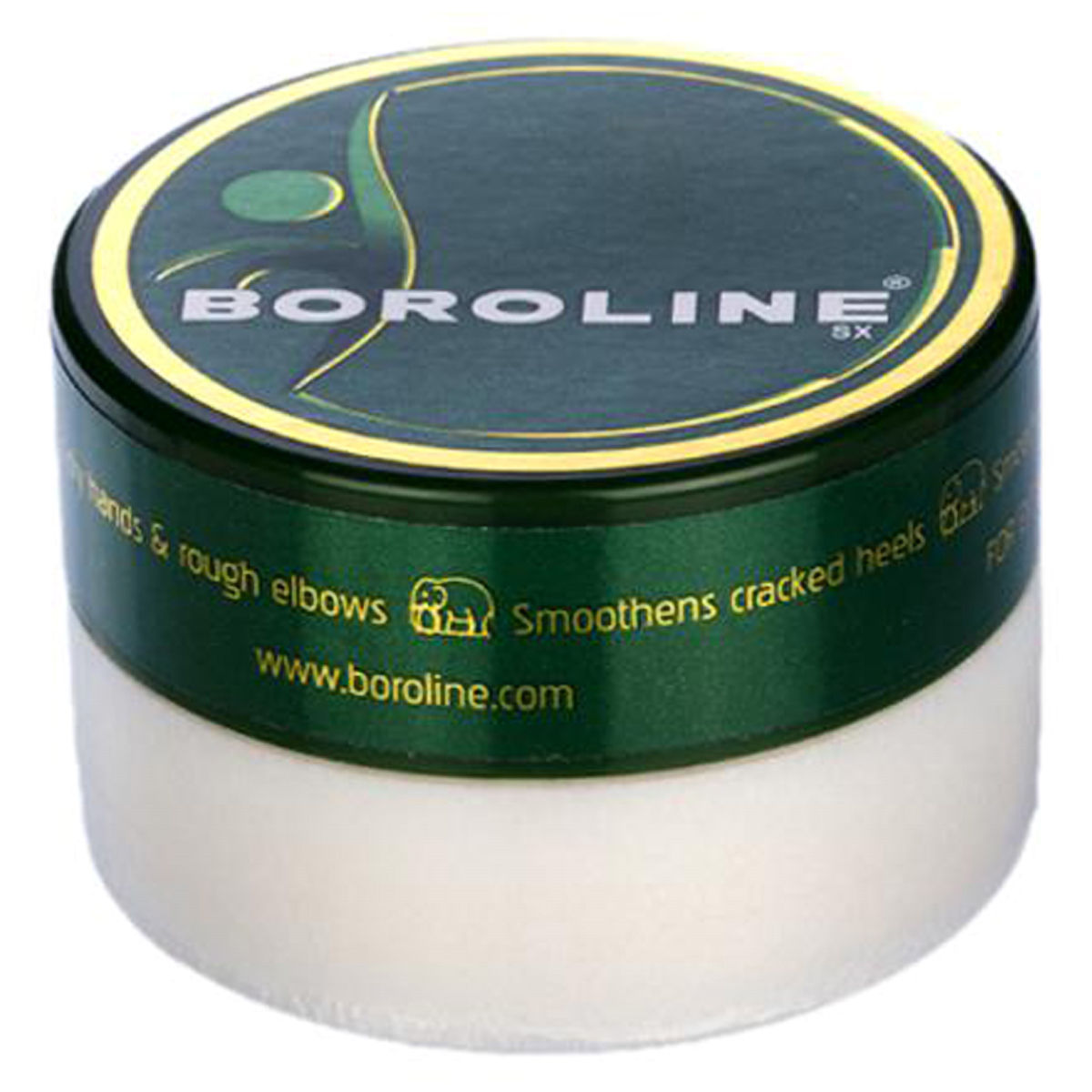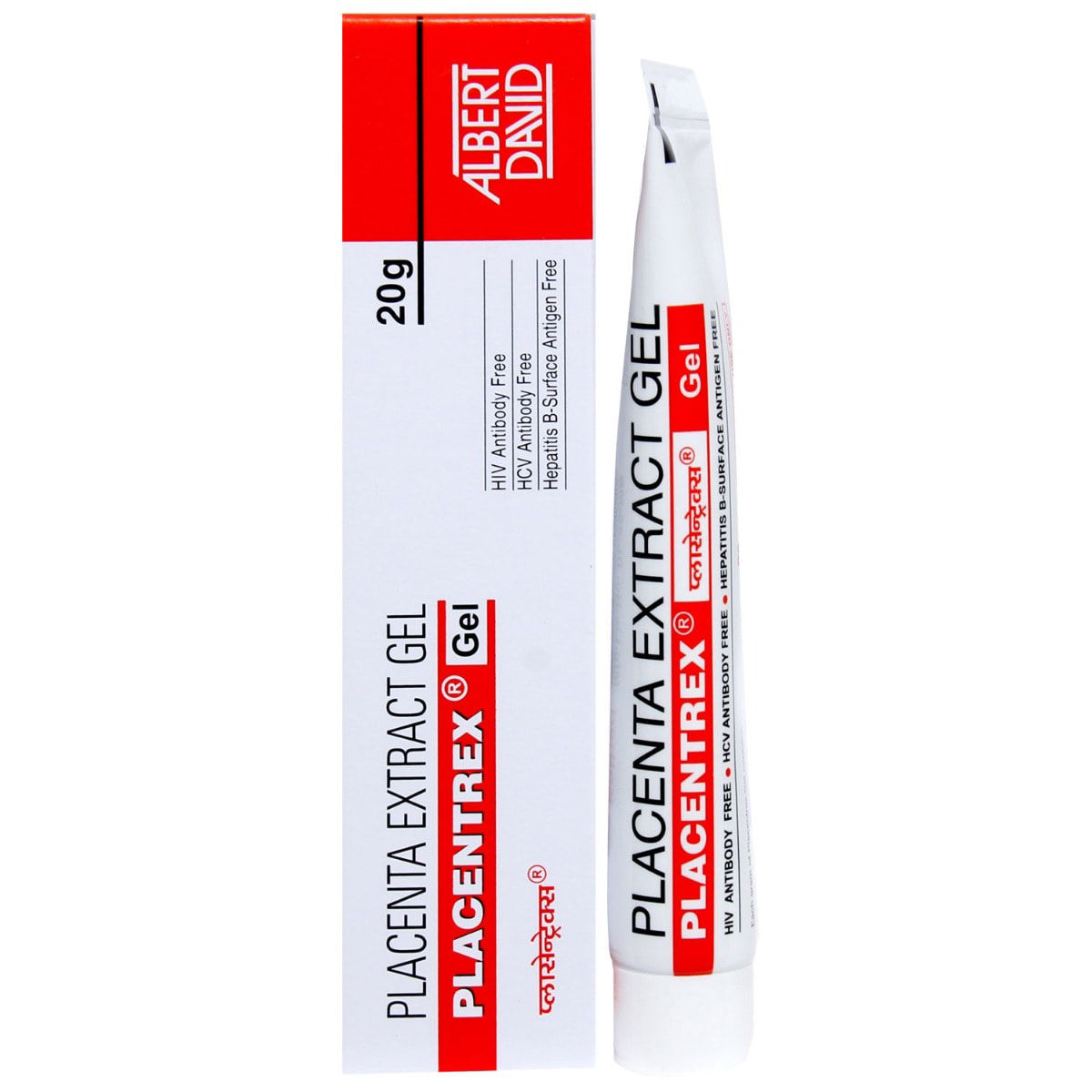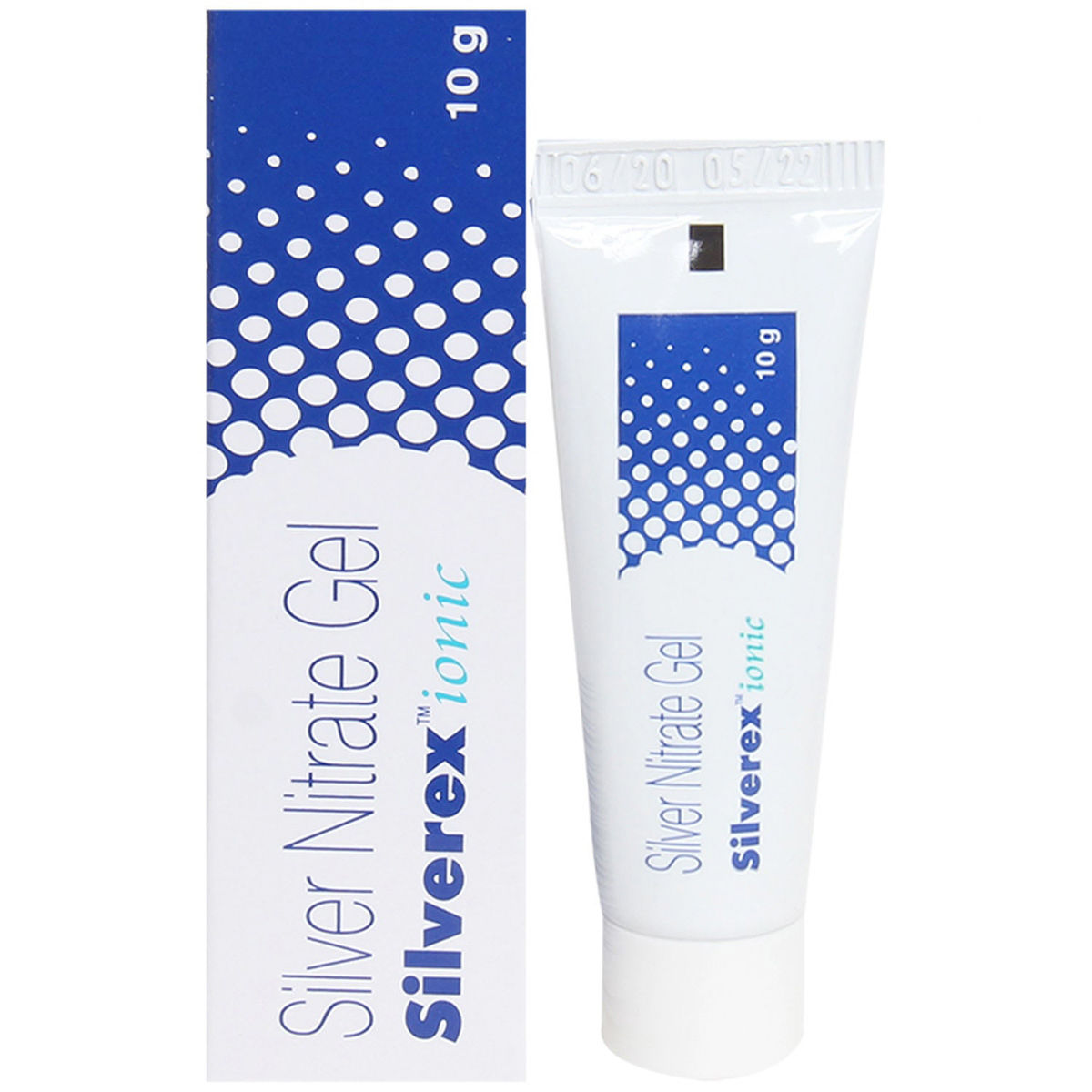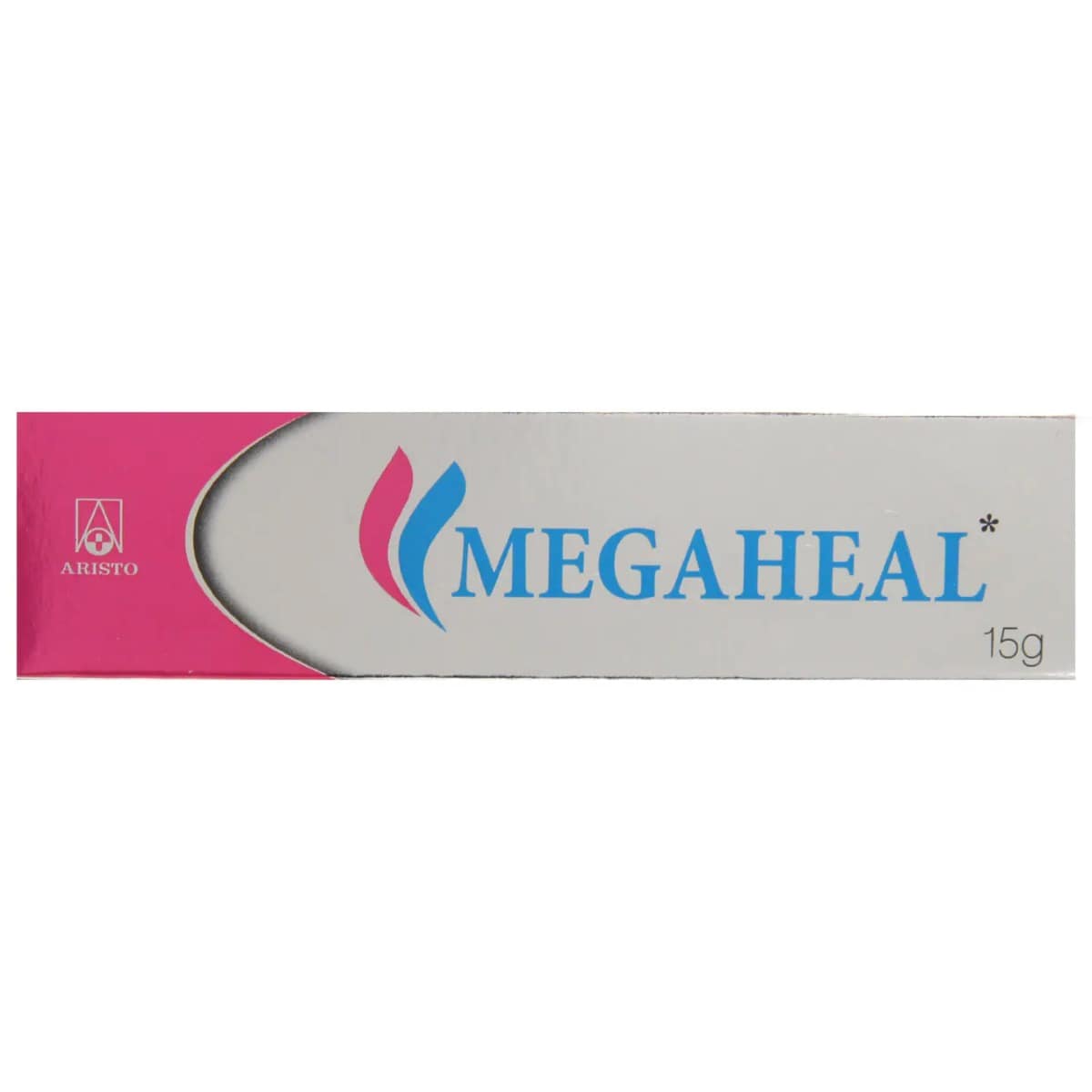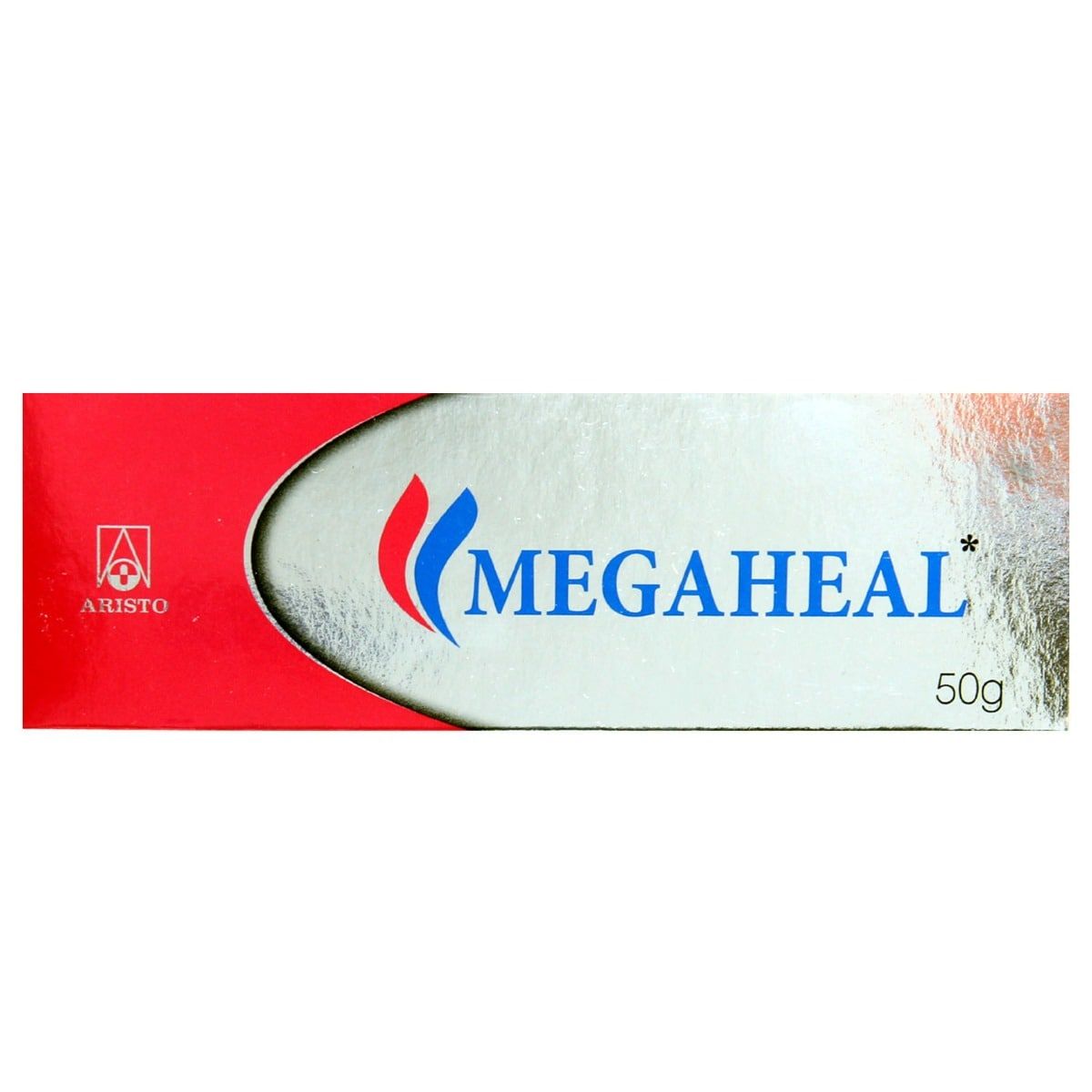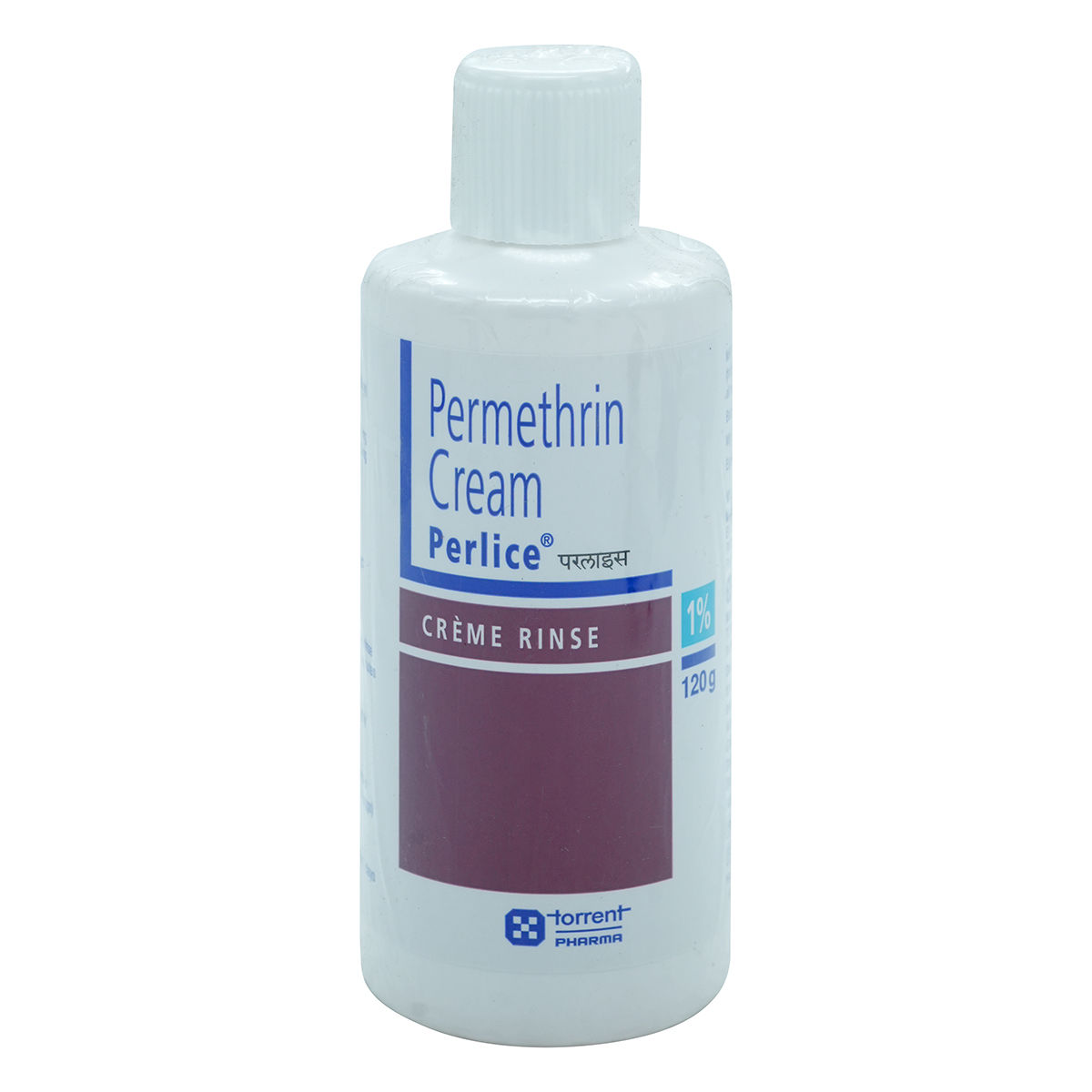Betadine 10% Ointment 20 gm



₹127.6*
MRP ₹145
12% off
(Inclusive of all Taxes)
GetFREE deliveryon this order with circle membership
Provide Delivery Location

Secure Payment

India's Most Trusted Pharmacy

Genuine Products
Composition
Manufacturer/Marketer
Consume Type
Return Policy
Expires on or after
About Betadine 10% Ointment
Betadine 10% Ointment is used to treat common skin infections. It treats and prevents skin infections in minor burns, lacerations (deep cuts in the skin), cuts, and abrasions (the first layer of skin is scraped off). Skin infection occurs when foreign microorganisms like fungi or bacteria invade the skin and affect the tissues.
Betadine 10% Ointment contains Povidone Iodine. It works by inhibiting the growth of infection-causing microbes. As a small molecule, iodine can easily penetrate microorganisms and oxidize essential proteins, nucleotides, and fatty acids, leading to cell death. Betadine 10% Ointment is effective against bacteria, fungi, viruses, and protozoa.
Betadine 10% Ointment is for external use only. Betadine 10% Ointment may cause common side effects like red or inflamed skin, peeling skin, dry skin, and irritation at the application site. These side effects gradually resolve during the treatment and do not require medical attention. However, if the side effects persist longer, please seek medical help.
Brief your medical history to the doctor if you are allergic to iodine or povidone. Let your doctor know if you have thyroid diseases, liver, and kidney problems before starting Betadine 10% Ointment. Please tell your doctor if you are undergoing any lithium therapy or radioactive iodine treatment. Do not use Betadine 10% Ointment before or after radioiodine scintigraphy or radioiodine treatment of thyroid carcinoma. Please consult your doctor if you are pregnant, planning to conceive or are a lactating mother before using Betadine 10% Ointment.
Uses of Betadine 10% Ointment
Key Benefits
Betadine 10% Ointment is an antiseptic and disinfectant used to treat and prevent skin infections in minor burns, lacerations (deep cuts in the skin), cuts, and abrasions (the first layer of skin is scraped off). It works by inhibiting the growth of infection-causing microbes. Betadine 10% Ointment is effective against bacteria (gram-positive and gram-negative, including antibiotic-resistant and antiseptic-resistant strains), fungi, viruses, and protozoa.
Side Effects of Betadine 10% Ointment
- Red or inflamed skin
- Peeling skin
- Dry skin
- Irritation at the application site
Directions for Use
Storage
Drug Warnings
Betadine 10% Ointment is for external use only. Do not swallow it; in case of accidental swallowing, please seek medical help immediately. Do not use Betadine 10% Ointment, if you are allergic to povidone-iodine. Povidone Iodine may permanently discolour the gold jewellery; hence remove all kinds of jewellery while using it. Let your doctor know if you have an overactive thyroid gland (hyperthyroidism) or any other thyroid diseases, including swelling (nodular colloid goitre, endemic goitre or Hashimoto’s thyroiditis), liver, and kidney problems, before starting Betadine 10% Ointment. Please tell your doctor if you are undergoing any lithium therapy or radioactive iodine treatment. Betadine 10% Ointment should not be used before or after radioiodine scintigraphy or radioiodine treatment of thyroid carcinoma. Please consult your doctor if you are pregnant, planning to conceive or are a lactating mother before using Betadine 10% Ointment.
Therapeutic Class
Drug Interactions
Drug-Drug Interaction: Betadine 10% Ointment may interact with anti-depressants (lithium), antiseptics and products containing enzymatic components, alkali, mercury, silver, hydrogen peroxide, tannic acid, octenidine, and taurolidine and should not be used simultaneously.
Drug-Food Interaction: No interaction found/established.
Drug-Disease Interaction: Before using Betadine 10% Ointment, let your doctor know if you have any allergic reactions to iodine or povidone, overactive thyroid gland (hyperthyroidism) or any other thyroid diseases, including swelling (nodular colloid goitre, endemic goitre or Hashimoto’s thyroiditis), liver, and kidney problems.
Drug-Drug Interactions Checker List
- LITHIUM
Diet & Lifestyle Advise
- Use mild soap while taking baths and prefer warm baths.
- Do not walk barefoot at places like gym showers to prevent infections.
- Do not scratch the affected skin area as it can spread the infection to other body parts.
- Avoid sharing towels, combs, bedsheets, shoes or socks with others.
- Wash your bedsheets and towels regularly.
- Avoid or limit the intake of alcohol and caffeine.
- Manage stress, eat healthily, drink plenty of water, exercise regularly, and get plenty of sleep.
Habit Forming
What if I have taken an overdose of Betadine 10% Ointment
Disease/Condition Glossary
Skin infection: A skin infection can occur when the skin is broken, cut or wounded. This skin infection allows pathogenic microorganisms to enter and invade the tissues surrounding the wound. It can be caused by bacteria, fungi, viruses or parasites. Symptoms include redness, pain, tenderness of the skin, minor bumps or boils, rashes, blisters, cracked/dry skin, swelling, stinging or burning sensation, pus formation, and itching. It can be treated using topical antibiotics. Sometimes, for a severe infection, an oral antibiotic may be required.
Alcohol
Safe
No interactions were found/established. Please seek medical advice if you have concerns regarding this.
Pregnancy
Caution
Please consult your doctor before using Betadine 10% Ointment if you are pregnant or planning to conceive. Your doctor will advise Betadine 10% Ointment only if the benefits outweigh the risk.
Breast Feeding
Caution
There is limited information on how Betadine 10% Ointment affects lactation. Please consult your doctor before using Betadine 10% Ointment if you are a breastfeeding mother.
Driving
Safe
Betadine 10% Ointment is generally safe to use and does not affect your driving ability.
Liver
Caution
Let your doctor know if you have any history of liver diseases before using Betadine 10% Ointment.
Kidney
Caution
Let your doctor know if you have any history of kidney diseases before using Betadine 10% Ointment.
Children
Caution
Betadine 10% Ointment is not recommended for children below two years of age.
Country of origin
Manufacturer/Marketer address
Author Details
We provide you with authentic, trustworthy and relevant information
FAQs
Disclaimer
Customers Also Bought
Alternatives
Similar Products
Product Substitutes
Reference
- https://www.hpra.ie/img/uploaded/swedocuments/29830d4f-2162-41a9-a88b-8b550668ae69.pdf
- https://media.healthdirect.org.au/medicines/GuildLink_Information/29561/CMI/swcboint10621.pdf
- https://www.drugs.com/mtm/povidone-iodine-topical.html#side-effects
- https://fdaghana.gov.gh/img/pils/Povidone%20Iodine%2010%25w_v%20Topical%20Solution.pdf
- https://www.hpra.ie/img/uploaded/swedocuments/e22c9eeb-0b02-4de4-a874-25fd55af1e45.pdf
- https://www.medsafe.govt.nz/Consumers/cmi/b/BetadineAntispeticOintment.pdf




_0.jpg?tr=q-80)







